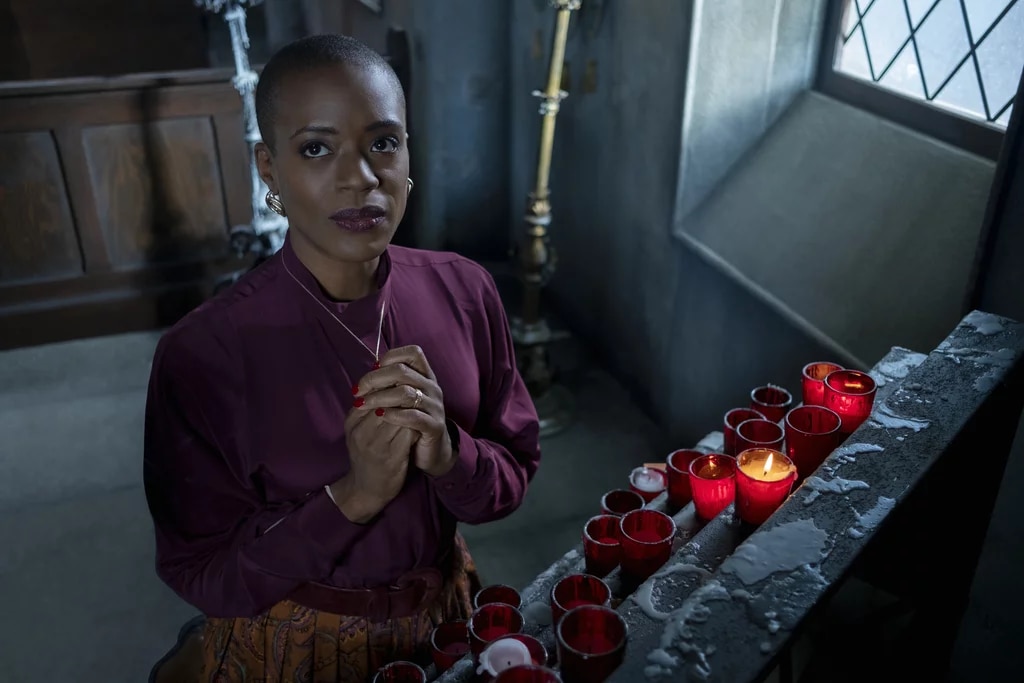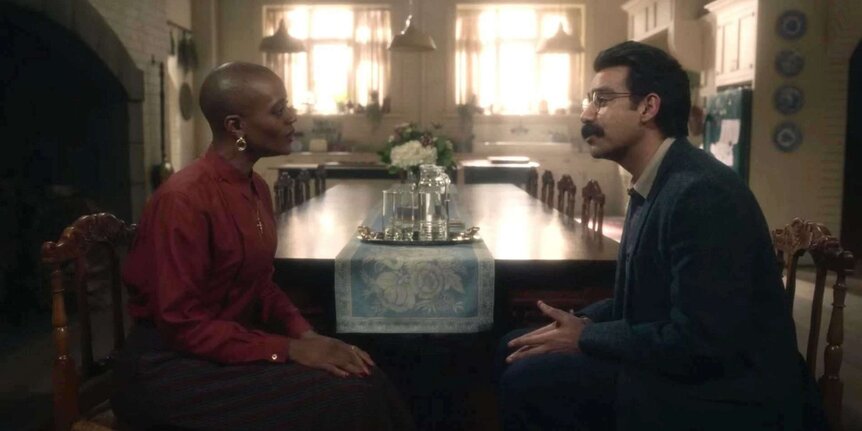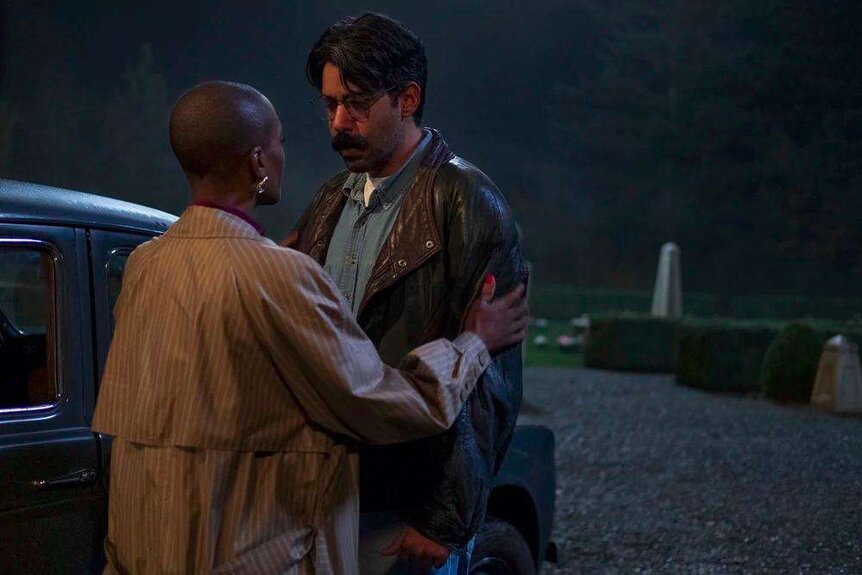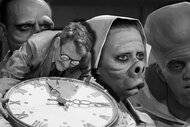Create a free profile to get unlimited access to exclusive videos, sweepstakes, and more!
Hannah Grose remains one of the most compelling yet heartbreaking characters of Bly Manor

With the Trump presidency on its way out and multiple people singing praises to Black women and the Black community for having a major impact on the election, there have been numerous calls to give flowers where they are due — but with Black trans women being killed at an alarming rate yearly, as well as the death of essential worker and EMT Breonna Taylor, it would seem as if Black women (when not relied upon to keep politicians in power) are only for emotional and spiritual gratification. This is not to say that there are no actual happy endings for Black women, but one does notice the patterns of when Black women are "useful" and when our needs, personal and otherwise, are unmet. Savior syndrome and the ridiculous standards of Black womanhood inspired me in both praising and highlighting my favorite character of The Haunting of Bly Manor, Hannah Grose.
Warning: Spoilers for The Haunting of Bly Manor within.
I enjoyed Bly Manor for its slow-burning, Gothic romanticism. It is beautifully shot and while I wasn't immediately captivated during the first 15 minutes, I became enthralled by its storyline as it progressed. I particularly fell in love with the character of Hannah Grose (T'Nia Miller), a prim and proper English housekeeper who maintains Bly Manor. She graces the screen wearing a tartan plaid skirt, a crisp red turtleneck, and the deepest, warm brown eyes that are at once shy but confident. She is gracefully reserved and you can tell that she takes pride in the house she takes care of. Her compassion towards the children is bereft and it is not immediately clear why.
In a subsequent episode that flashes back to a time before the new au pair Dani (Victoria Pedretti) comes to Bly, Hannah is murdered by being thrown into a well. Unaware of her own death, she proceeds to keep up her managerial skills of the manor (illustrating the fact that even in death, she is still working). Her backstory reveals that her husband Sam had left her for another woman, which had initially led her to accepting a position as a live-in house manager.
One scene includes Hannah specifically mentioning the television series Upstairs, Downstairs as a way of explaining her dedication to the Wingrave family. English class structure eventually became the catalyst for the normalization of indentured servitude and quite possibly, chattel slavery. The idea that you are born to serve is outdated and is a key point of Peter Quint (Oliver Jackson-Cohen)'s character. Even though Quint worked close to Mr. Wingrave (Henry Thomas), he knew that he could not possibly be "one of them." Hannah, on the other hand, refuses to encapsulate the despair of autonomy and continues in her loyalty to a family for which she ends up sacrificing herself.
It is quite unsettling to watch this stoic woman embrace a family that still adheres to the rules of a class-based society. Peter is one who mentions it time and time again, his Irish brogue carrying irony of his own pursuit for wealth and quite possibly, a higher-class situation. Meanwhile, Owen (the ever so dreamy Rahul Kohli) is the local, adorably unaware chef who first meets Hannah in an interview she conducts to fill an open position at Bly. Their chemistry is heartbreaking, especially when you know that it has a tinge of tragedy.
While the theme of the story centers compassion and sacrifice, it would seem that the choice of casting didn't acknowledge the issue of typecasting specific actors. For a Black woman to play the saving grace of self-serving white aristocracy proves that in regards to the creation of diverse storylines, old habits have yet to die hard. The savior syndrome attitude rehashes the same plot device that disregards the Black individual as deserving of any other arc — except to save everyone else.
Bly Manor essentially is a cautionary tale of those who do not realize their own agency outside of those who do not see us as equals. Specifically, in regards to both women's love interests who are non-Black cis men, we see Hannah's, as well as previous au pair Rebecca Jessel's (Tahirah Sharif), own insecurities played against her. In response, they are still written to encompass empathy, compassion, and love — a dangerous fantasy for some. But Peter and Owen are different in their approaches because Owen ultimately recognizes that Hannah gives up her own life (literally) to the manor itself. Meanwhile, Peter only empathizes with it within his own, personal limitations. The lives of the children seem to energize Hannah, although her personal life is in shambles. While some may argue that the aristocrats are Hannah's chosen family, it would be foolish to assume that the caste system would waver just because she occasionally has drinks with the lady of the manor.
When Owen hints that Hannah should go to Paris with him, she is hesitant because of her own past trauma with love and relationships — or maybe she truly believes that the children would go mad without her. Selflessly (along with Dani), Hannah saves them all, leaving the children to lead normal and happy lives, unaware of the horrors that occurred in the manor. Owen goes to France and keeps a photo of Hannah on the wall — a memorial of the love he was also denied.
Though I wish she was able to go to Paris and have the life she truly deserved, Hannah Grose was loved and left an everlasting impression on those for whom she cared. If it weren't for her, the lives — and in some cases, souls — of everyone who had passed through Bly Manor would have remained trapped for all eternity. It isn't just Hannah Grose who deserves her flowers, but Black women in the real world who give their best to others while all too often making the biggest sacrifices in the end.
















